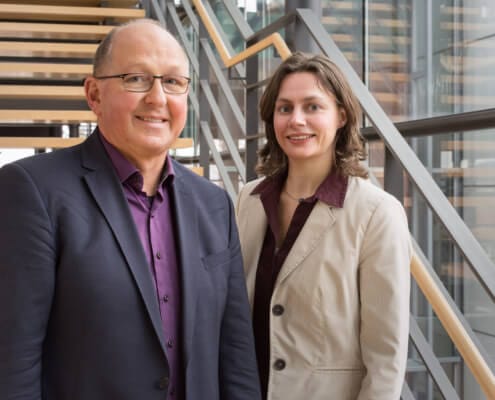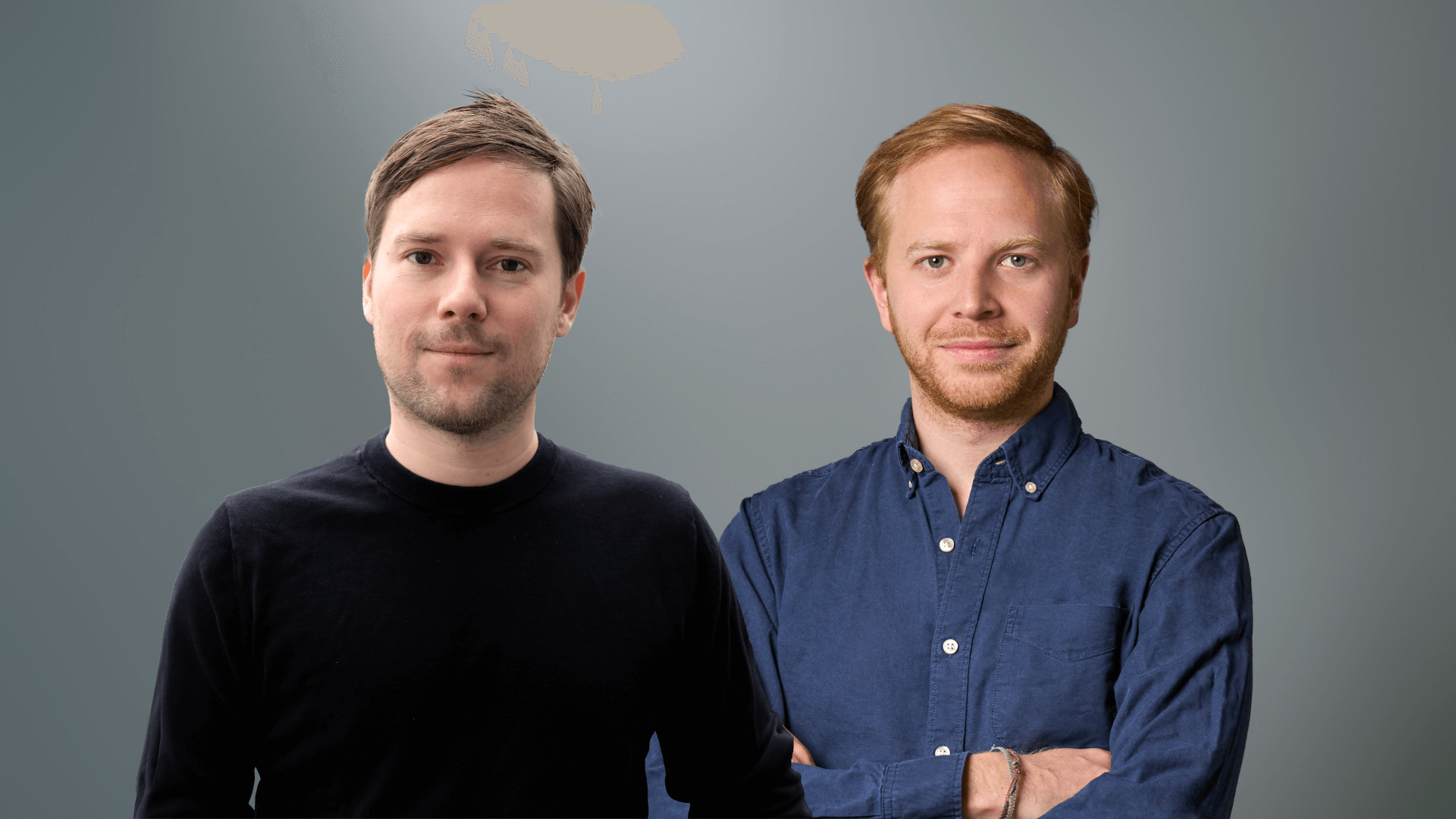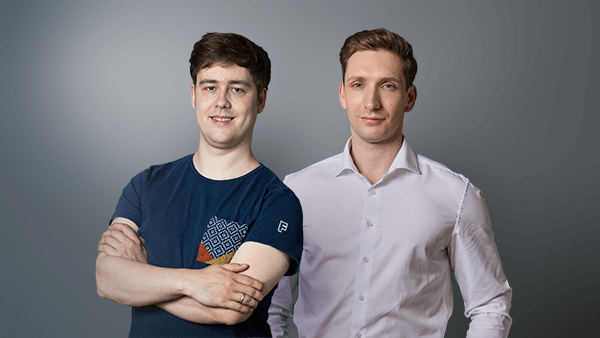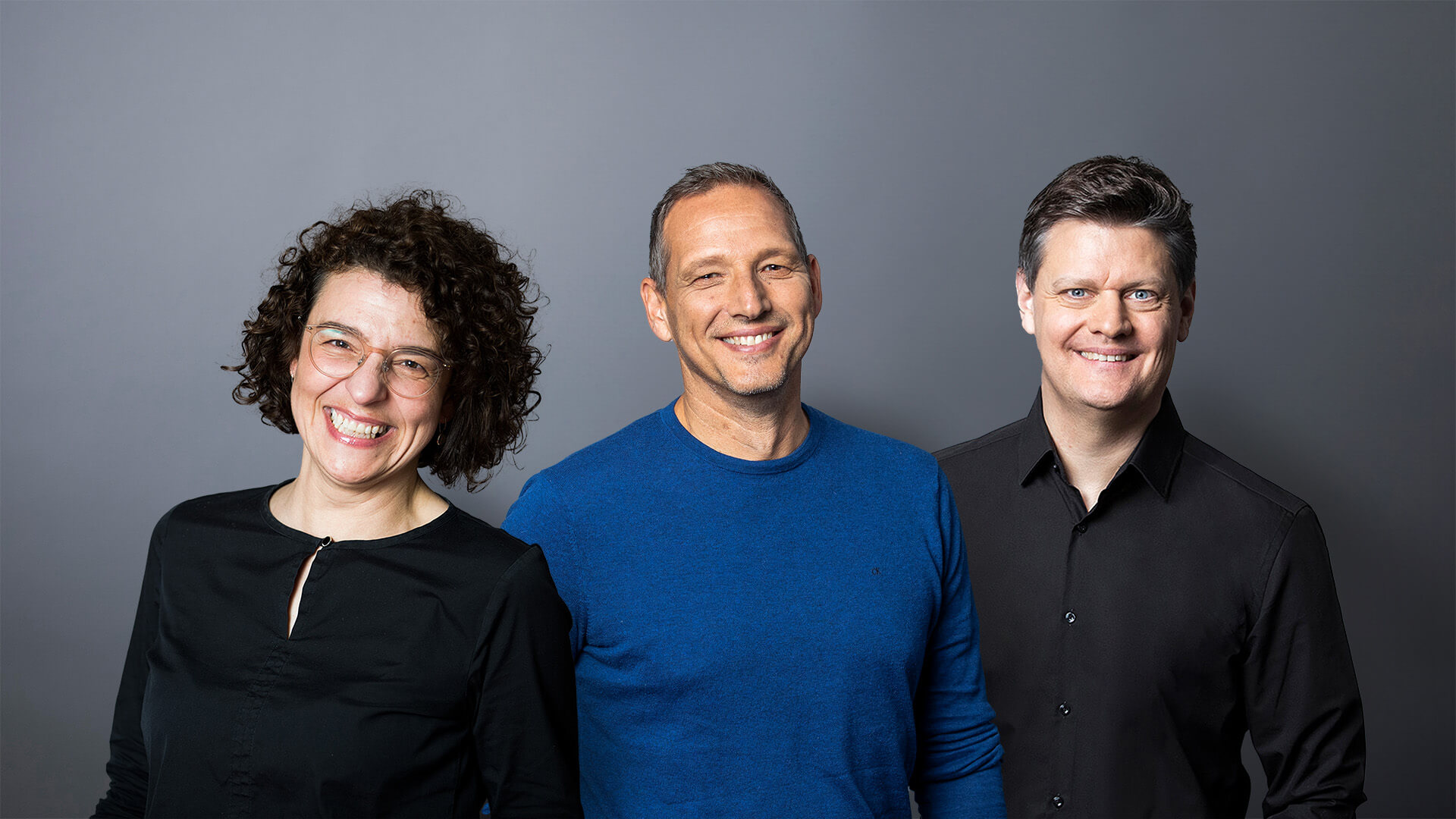Our mission? To help more people!
Cervical cancer is the most common type of cancer of the female genital organs. In Germany, there are more than 4,600 new cases of women affected by this tumour each year, according to the German Cancer Society (DKG). Conventional testing procedures are very unreliable. The team at HTGF portfolio company oncgnostics has therefore developed GynTect, a procedure that considerably improves the diagnosis of cervical cancer. The product was recently also approved in China – an important milestone, as founders Dr. Alfred Hansel (biologist and CEO) and Dr. Martina Schmitz (biochemist and CSO) explain in this interview.
Congratulations! Your testing procedure is now also available on the Chinese market. How did you achieve this success?
Dr. Alfred Hansel: You’d think that this would be a very protracted process. In 2016, we approached cooperation partners in China for the first time. We were on the lookout for licensees that would produce and distribute the product in China. And then in 2017, we found a really strong partner really quickly – GeneoDx, a subsidiary of Sinopharm Group.

And was the cooperation a good one?
Dr. Martina Schmitz: It was very good. Professional and collaborative. GeneoDx began a large-scale study with patients in China back in 2018. As is always the case with medical approval processes, a number of changes and improvements were made along the way. And the end result was fantastic. The testing procedure received final approval in China on 4 August.
Dr. Alfred Hansel: It’s also worth pointing out that the approval process in China is much more complex than CE certification here in Europe; it is more akin to obtaining approval from the U.S. Food and Drug Administration.
And do you now have the US in your sights?
Dr. Martina Schmitz: We can definitely make good use of the results to speed up the approval process when we look to take that step. But for now, we’re happy that we’ve launched our first product in China – ten years after founding the company. That’s a major success.
Is production in China up and running?
Dr. Martina Schmitz: Yes, it’s in full swing. There’s a production site in China that is able to meet our high demands. On 1 September, the product was officially presented by our partner in China.
What does this success mean for you?
Dr. Alfred Hansel: It’s obviously a big step for us. The Chinese healthcare system is much more flexible when it comes to such innovations and it takes much less time than here for you to recover your costs. We are very optimistic that we will be able to celebrate major successes very quickly once our testing procedure becomes established on the Chinese market. We will be able to offer more women better and more accurate testing within a short space of time.
What makes your testing procedure special?
Dr. Martina Schmitz: The conventional testing method can lead to an immense feeling of uncertainty that young women then have to live with. Cervical cancer can be caused by human papillomavirus (HPV) infections. But around 90 percent of all women with an HPV infection actually have nothing to worry about. Our test offers a much more accurate diagnosis and therefore puts women’s minds at rest as to whether or not they have the disease.
How have tests previously been conducted?
Dr. Alfred Hansel: With the aid of a swab that is then examined under the microscope. However, diagnoses are very prone to error with microscopic tests. If something conspicuous is found, this is typically followed by subsequent tests, which can be a major psychological burden for women. The physical interventions are also not without risk. After operations to remove any abnormalities, the risk of a miscarriage increases – particularly if a lot of tissue is removed from the cervix.
And your technology can help in this respect?
Dr. Alfred Hansel: Yes. With our diagnosis technology, we focus not on the virus, but on the genome, the DNA and the cells. No further interventions are required, as we can use the same swab that has already been taken. We subsequently process this sample in the laboratory and examine whether certain modifications are visible on the DNA, i.e. epigenetic information. If we’re then able to determine a change, this means that a cancerous cell is developing within the patient; if we cannot determine a change, this means that the patient has an HPV infection but is not currently developing or suffering from cervical cancer.
We work according to the principle of a PCR test, which everyone is now aware of through the coronavirus pandemic. The innovation with this procedure is that we can reliably detect DNA methylation, in other words the change in the genome. We are thus able to confirm diagnoses in a timely manner or, better still, correct misdiagnoses.
How did you come upon this idea?
Dr. Alfred Hansel: The initial idea came about in 2008 at the gynaecological hospital in Jena. In Prof. Dr. Matthias Dürst’s laboratory there, he had started working on the basis of GynTect, epigenetic changes in the context of cervical cancer. We took the decision early on to use these findings for diagnoses. We first participated in the Federal Ministry for Economic Affairs and Climate Action’s EXIST Transfer of Research funding programme, which aims to encourage the founding of companies at universities and non-university research institutions. We then founded our company in 2012, with High-Tech Gründerfonds coming on board as a seed investor.
Dr. Martina Schmitz: We soon realised that for High-Tech Gründerfonds, the focus is not just on capital, but also expertise. We have continually benefited from them since the beginning of our cooperation. Particularly when we were starting out, as we, the company’s founders, come from the world of science. HTGF helped us to add business expertise to our team, putting us in contact with Peter Haug who now oversees our business development and licensing business. The team at HTGF also offers support on legal matters. It’s not always easy to get a patent released by the university. HTGF was a huge support in this matter.
And what are your future plans?
Dr. Martina Schmitz: Our technology has the potential for applications beyond cervical cancer. It can also detect other types of cancer. Head and neck tumours are just a few examples. The big challenge is the rate of recurrence with these diseases. Through a simplified diagnostic process that uses a saliva sample, we might have the opportunity to identify possible relapses of cancer at an earlier stage. We are currently conducting intensive research in this regard – and are also working on tests for other cancers. We hope to be able to help many more people with our technology.


